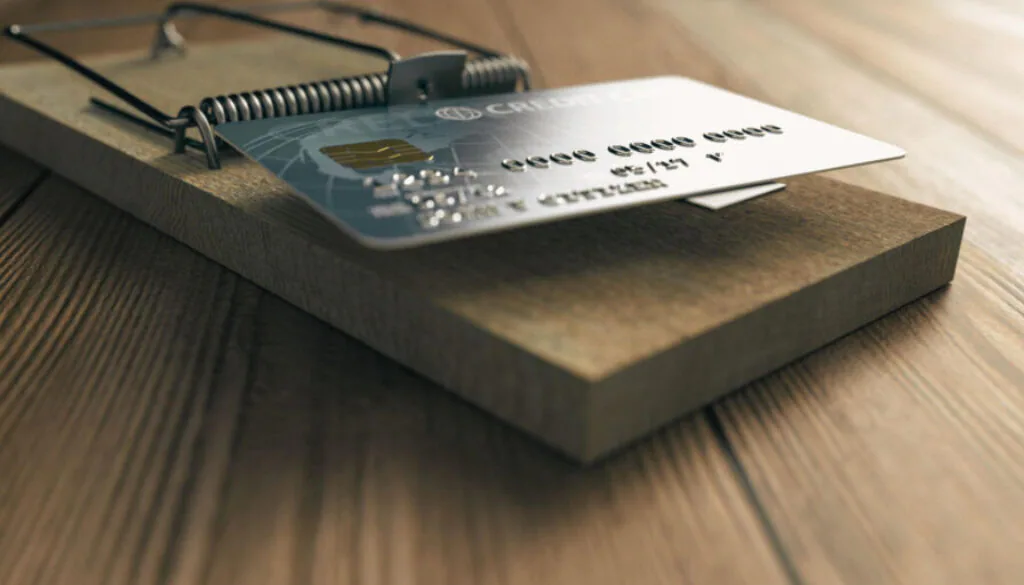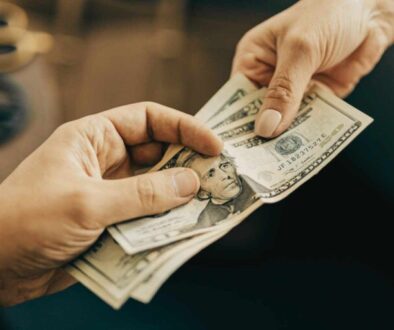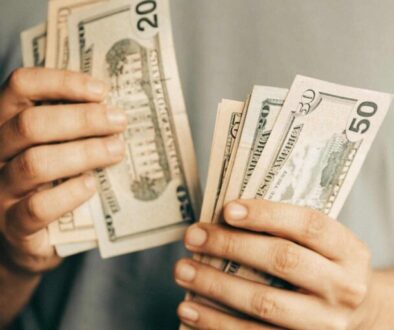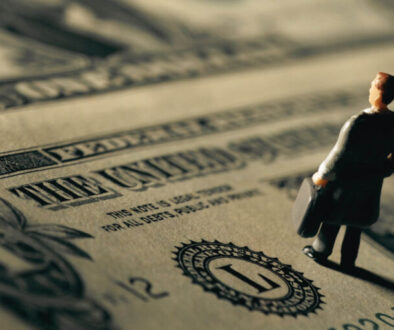Credit Cards — Trap or Secret Weapon? How to Use Them the Smart Way
There has always been some debate about credit cards. For some people, they lead to debt, stress, and money problems quickly. For others, they’re a useful tool that makes life easier, earns rewards, and even helps them become more robust financially.
So, is it a trap or a secret weapon? The truth is that credit cards can be both. It all depends on how you use them.
When Credit Cards Turn Into a Trap
It’s easy to see why credit cards get such a bad reputation. They can quickly become a financial burden when used carelessly. Many people swipe their card for things they really can’t afford — a dream vacation, the latest gadget, or just too many nights out at restaurants.
At first, it doesn’t seem like a big deal. But the trouble starts when you carry a balance. Interest begins to compound, and suddenly that $200 dinner costs $300 or more once interest kicks in. Throw an unexpected expense on top — like a car repair or a medical bill — and debt starts to pile up fast.
Before you know it, your minimum payments barely cover the interest, and the balance seems like it never goes down. That’s the real danger: credit cards create the illusion of affordability today, but the real cost shows up tomorrow — and it’s often much higher.
When Credit Cards Become a Secret Weapon
The flip side? Credit cards can be incredibly powerful when used the right way. Smart cardholders know how to flip the script and make credit cards work for them instead of against them.
Here are a few strategies they use:
- Pay in full every month. This rule is non-negotiable. If you never carry a balance, you’ll never pay interest.
- Use statements to track spending. Credit card statements give you a clear picture of where your money’s going, which makes it easier to budget.
- Take advantage of rewards. From cashback to free flights and hotel stays, rewards programs can be worth hundreds — even thousands — of dollars a year.
- Build credit the smart way. Responsible use (on-time payments and keeping balances low) helps boost your credit score, which pays off later with lower rates on loans and mortgages.
For example: A disciplined cardholder might put all their regular expenses — groceries, gas, utilities, subscriptions — on a rewards card. At the end of the month, they pay the bill in full. They earn points and perks for everyday spending, build a strong credit score, and never pay a cent in interest.
How to Stay Out of Credit Card Debt
The line between using credit cards as a trap or as a tool comes down to discipline and preparation. Here are some golden rules to follow:
- Live Within Your Means: If you wouldn’t buy something with cash, don’t put it on your card. Credit should never be a way to stretch your budget beyond what you actually earn.
- Build an Emergency Fund: Life happens. A broken fridge or a surprise medical bill shouldn’t send you running to your credit card. Try to save at least 3–6 months of expenses in a separate account for unexpected costs.
- Pay Off Balances in Full: This is the big one. A $1,000 balance at 25% APR can balloon to $1,250 in just a year. Paying in full every month ensures you never waste money on interest.
- Understand Compounding Interest: Compounding is great when it’s building your investments — not when it’s growing your debt. Use a compounding calculator to see just how quickly balances grow if you only pay the minimum. It’s eye-opening.
- Avoid Minimum Payments: Minimum payments may satisfy the bank, but they’re designed to keep you in debt longer. Paying only 2–3% of your balance could take years to pay off and cost you double in interest. Always pay more than the minimum — ideally the full amount.
The Takeaway
Credit cards aren’t good or bad on their own; they’re just tools. How they affect your finances depends on how you use them. A credit card can quickly turn into a financial nightmare for someone who spends too much and swipes without thinking. But for people who are disciplined, they can be helpful, safe, and give you valuable rewards.
Credit cards don’t cause money problems; bad habits do. You can turn credit cards into a secret weapon that helps you build wealth instead of wasting it by learning how they work and using them wisely.




